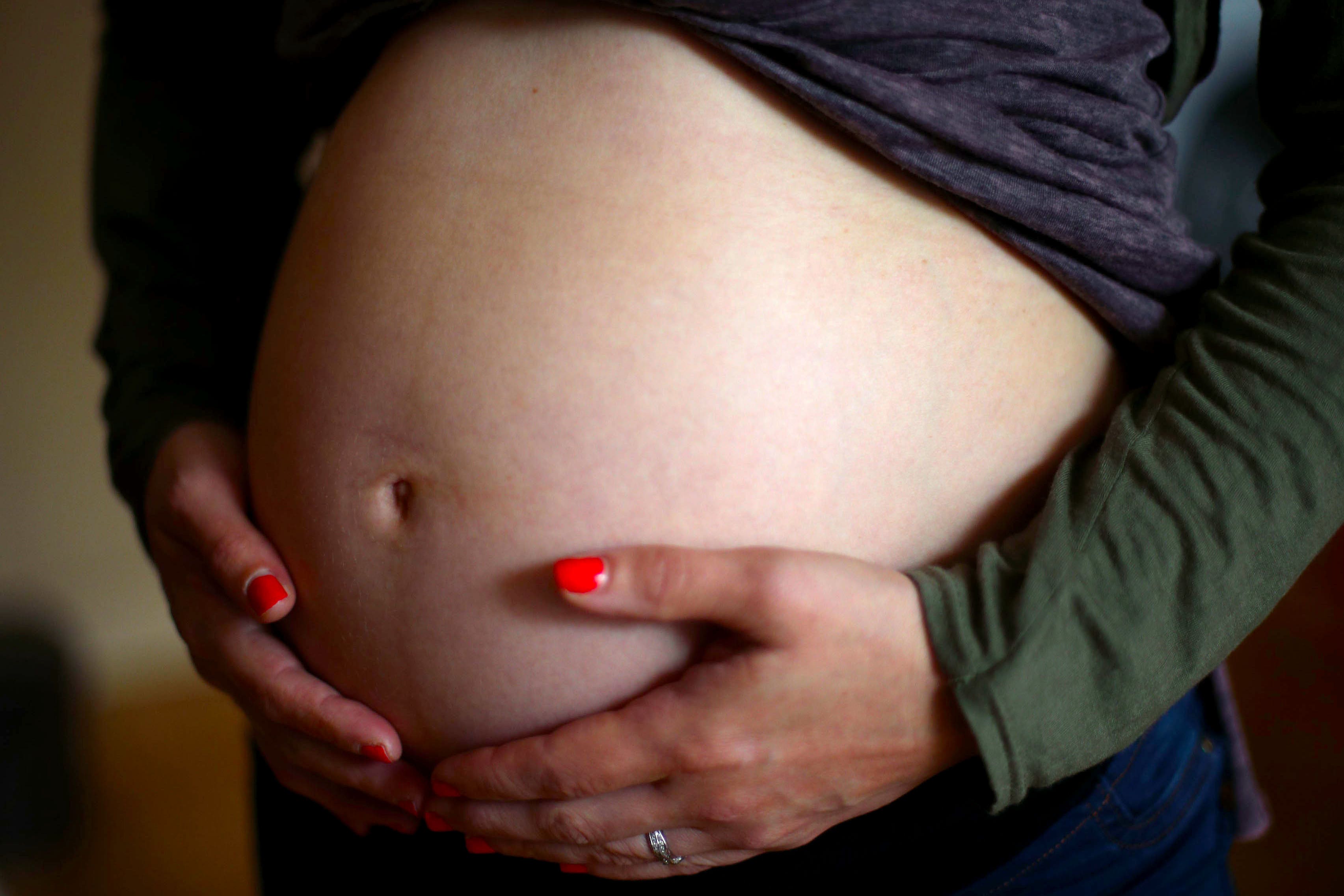NHS must ‘urgently’ publish data on mental health checks for pregnant women, say top doctors
NHS trusts failing to report figures on mental health checks for mothers, warns Royal College of Psychiatrists

Your support helps us to tell the story
From reproductive rights to climate change to Big Tech, The Independent is on the ground when the story is developing. Whether it's investigating the financials of Elon Musk's pro-Trump PAC or producing our latest documentary, 'The A Word', which shines a light on the American women fighting for reproductive rights, we know how important it is to parse out the facts from the messaging.
At such a critical moment in US history, we need reporters on the ground. Your donation allows us to keep sending journalists to speak to both sides of the story.
The Independent is trusted by Americans across the entire political spectrum. And unlike many other quality news outlets, we choose not to lock Americans out of our reporting and analysis with paywalls. We believe quality journalism should be available to everyone, paid for by those who can afford it.
Your support makes all the difference.The NHS must start sharing figures on mental health checks for pregnant women and new mothers amid gaps in hospital data, top doctors warn.
One in six NHS trusts is not able to say whether they screen pregnant women for mental health issues at all, despite national guidelines recommending these checks be done at 10 weeks. Suicide has been recorded has one of the leading drivers in post-natal deaths.
The findings come as the latest NHS figures show 51,000 women accessed specialist perinatal mental health services in the 12 months prior this fell short of a target for the NHS to see 66,000 mothers in 2022-23. Access levels have. however, improved from 31,000 a year in March 2022.
The Royal College of Psychiatrists has called for NHS England to “urgently” publish data on every hospital in the country showing whether they are carrying out this vital screening.
Have you been impacted by this story? email rebecca.thomas@independent.co.uk
Last November the latest national report into maternal deaths, from researchers led by Oxford University, found suicide was again the leading cause of direct deaths in women a year after the end of their pregnancy.
The report, called MBRRACE, found in 2020 women were three times more likely to die by suicide during or up to six weeks before the end of their pregnancy when compared to 2017-19.
According to the Royal College of Psychiatrists, one in five new and expectant mums develop perinatal mental illnesses such as anxiety, depression, eating disorders, post-traumatic stress disorder, and psychosis.
Under guidance created by the National Institute for Clinical Excellence, all pregnant women should be asked about their mental health history and assessed for risk factors of mental illness at their 10-week antenatal booking appointment.
The RCPsych has said 20 out of 122 NHS trusts are still not reporting on whether they have given these checks to women.
Dr Trudi Seneviratne, consultant perinatal psychiatrist and registrar of the Royal College of Psychiatrists, said: “Every pregnant woman should be screened for mental health issues at their antenatal booking appointment. More than eight years after routine screening was first recommended, we still don’t know if NHS Trusts are following the guidelines, and there is strong anecdotal evidence to suggest many women are missing out.
“Suicide and substance abuse are leading causes of maternal death in the first year following birth so it’s vital that women experiencing mental illness receive timely specialist support. We’re calling on NHS England to urgently publish data showing if NHS Trusts are screening pregnant women for mental health issues.”
She said in her own clinic she sees many women who “suffer in silence” often embarrassed to ask for help and fearing they’d be viewed as an unfit mother for doing so.
Dr Seneviratne urged any women to speak with their GP or midwife if they are experiencing any mental health challenges during or following pregnancy.
An NHS spokesperson said: “Record numbers of women in England are benefiting from specialist perinatal mental health support with an estimated 51,000 new mums treated over the last year - up nearly 60% compared to two years ago - with every local health system now having access to a specialist community perinatal mental health team so any woman worried about her mental health should speak with her GP or midwife as support and treatment is available.
“While we are working with the small number of Trusts that are not fully publishing data on the mental health screening of pregnant woman to ensure that this changes.”
For anyone experiencing a mental health crisis you can contact Samaritans on 116 123. For guidance on mental health support during or after pregnancy visit the maternal mental health alliance here.



Join our commenting forum
Join thought-provoking conversations, follow other Independent readers and see their replies
Comments